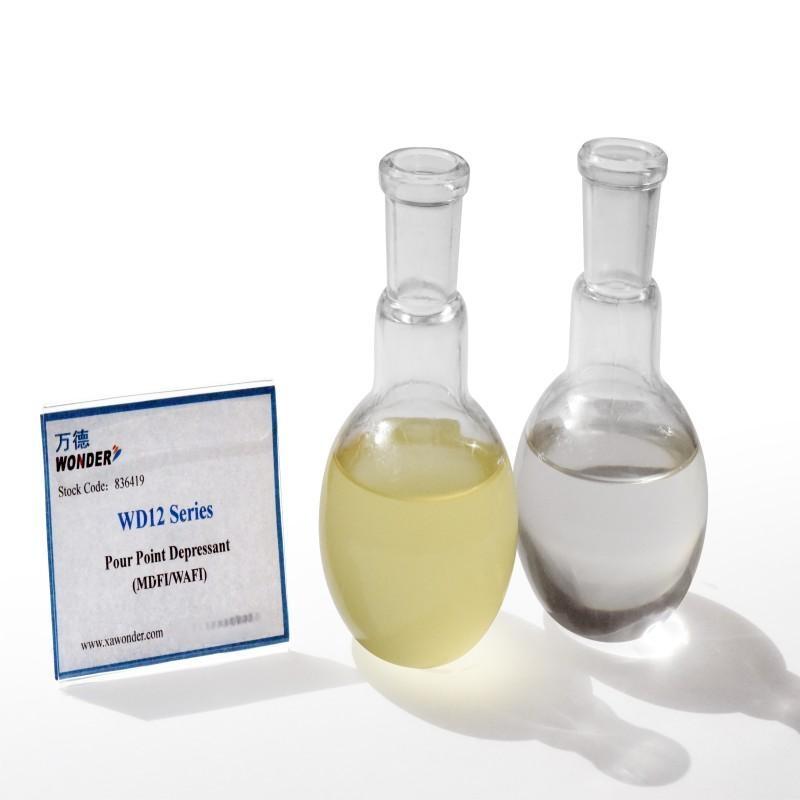-
Categories
-
Pharmaceutical Intermediates
-
Active Pharmaceutical Ingredients
-
Food Additives
- Industrial Coatings
- Agrochemicals
- Dyes and Pigments
- Surfactant
- Flavors and Fragrances
- Chemical Reagents
- Catalyst and Auxiliary
- Natural Products
- Inorganic Chemistry
-
Organic Chemistry
-
Biochemical Engineering
- Analytical Chemistry
-
Cosmetic Ingredient
- Water Treatment Chemical
-
Pharmaceutical Intermediates
Promotion
ECHEMI Mall
Wholesale
Weekly Price
Exhibition
News
-
Trade Service
According to a report from Power News in London on May 7, 2021, Jon Andre Locke, CEO of Nel Hydrogen, the world’s largest and most experienced water electrolysis device manufacturer, said in an interview with a media reporter.
Nel Hydrogen has formulated a roadmap to achieve commercial production of green hydrogen (produced by electrolysis of water) by 2025 at a cost of less than US$1.
At an online energy transition event held by Rystad, a well-known energy research and business intelligence company in Norway, Locke said: “Speaking of blue hydrogen, from a cost point of view, I really don’t think blue hydrogen has any opportunity.
He said: "I think this is largely driven by large oil companies because they have no choice.
Locke said: "Assuming that the price of electricity is US$20 per MWh, Blue Hydrogen’s goal in 2025 is US$1.
Decentralized renewable energy power generation
The production cost of green hydrogen will depend on the price of renewable electricity, but Locke believes that decentralized renewable energy generation will change the rules of the game.
Locke said: "I think the more relevant issue is not the price of electricity, but the cost of power generation.
“Sometimes it’s because the market is not perfect.
On May 5, the market assessed the cost (including capital expenditure) of hydrogen production in the Netherlands through alkaline electrolysis, which was 3.
Carbon emissions taxes are welcome, but Locke said, “Fundamentally speaking, our business case should not rely on any form of support or subsidies to help this action.
He said that carbon tax, capital expenditure and operating expenditure support will all help start the industry and accelerate mass production.
Battery boost
Tom Jensen, chief executive of Lithium-ion battery maker Frey, agrees.
Jensen said, “But the government’s incentives will definitely help accelerate the energy transition.
Jensen pointed out that high carbon prices in Europe are turning into incentives for battery manufacturers.
On May 5, the EU carbon emission limit futures contract for December delivery on the ICE European Futures Exchange closed at 49.
Jensen said: "If you have a carbon dioxide-free battery, relative to the current global average, this can mean about 5% of cost-effectiveness.
Li Jun compiled from Electric Power News
The original text is as follows:
Oil companies will struggle to make blue hydrogen economical: Nel CEO
Blue hydrogen production, promoted by oil companies, will not be economical beyond the short term as green hydrogen costs fall rapidly, electrolyzer producer Nel Hydrogen's CEO, Jon Andre Lokke, said May 6.
Nel Hydrogen has outlined a road map to reach commercial production of green hydrogen - produced by electrolyzing water - at costs of below $1.
5/kg by 2025, making it competitive with fossil fuel-derived "grey" hydrogen, and outcompeting blue hydrogen, produced via steam methane reforming with carbon capture and storage.
"When it comes to blue, I really don't think from a cost perspective that blue has a chance, to be honest," Lokke said at an online Rystad energy transition event.
"I think it is pushed very much by the big oil companies because they don't have a choice, and they're afraid of losing power and the oligopoly position," he said.
"But I think with green renewable hydrogen, the cost is going to go down much faster than the analysts think.
Look at what happened in wind.
"
The 2025 target of $1.
5/kg assumes electricity prices of $20/MWh.
"That's already competitive with fossil," Lokke said.
"If I add then the $1/kg-plus in cost which I need to capture the CO2, I'm not going to be competitive.
I'm already out.
"
Decentralized renewable generation
Green hydrogen production costs will depend on the price of renewable electricity, but Lokke sees decentralized renewable power generation as a game-changer.
"I think the more relevant question is not the price of electricity, but the cost of electricity," he said.
"There is a huge difference between the cost and the price.
"Sometimes that's due to an imperfect market.
Sometimes it's because you need to connect to the grid.
So you will find off-grid solutions in more and more locations.
Disconnected from the grid, or using mini-grids, making you independent of the oligopolies controlling the grids, controlling the power, controlling the energy.
"
It is assessed the cost of producing hydrogen via alkaline electrolysis in the Netherlands (including capex) at Eur3.
94/kg ($4.
75/kg) May 5.
PEM electrolysis production was assessed at Eur4.
99/kg, while blue hydrogen production by steam methane reforming (including carbon, CCS and capex) was Eur2.
11/kg.
A carbon tax was welcome, but "fundamentally, our business case does not rely on any form of support or subsidies to help this fly," Lokke said.
"We have to be able to compete with fossil fuels on our own merit.
"
A carbon tax, capex and operational expenditure support would all help kick-start the industry, accelerating production at scale, he said.
Battery boost
The CEO of lithium-ion battery producer Freyr, Tom Jensen, agreed.
"You cannot build a business relying on incentives from the government," he said at the same event.
"But they will definitely help in accelerating the energy transition," Jensen said.
"So if governments want that to be accelerated, they should implement very heavy CO2 taxes.
If you want something to be accelerated, put your money where your mouth is.
"
Jensen noted that high carbon prices in Europe were translating into incentives for battery cell producers.
EU carbon allowance futures contracts for December 2021 delivery on the ICE Futures Europe exchange closed at Eur49.
45/mt May 5, having risen above Eur50/mt for the first time May 4.
"It can mean around a 5% cost benefit if you actually have a battery that is CO2-free, relative to what the global average is today," Jensen said.







